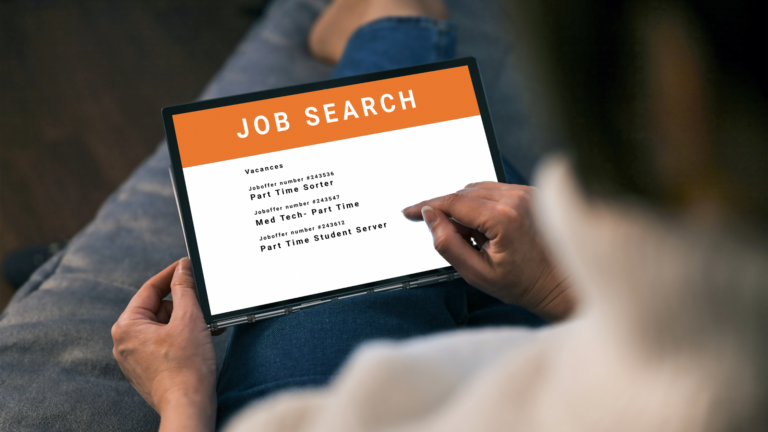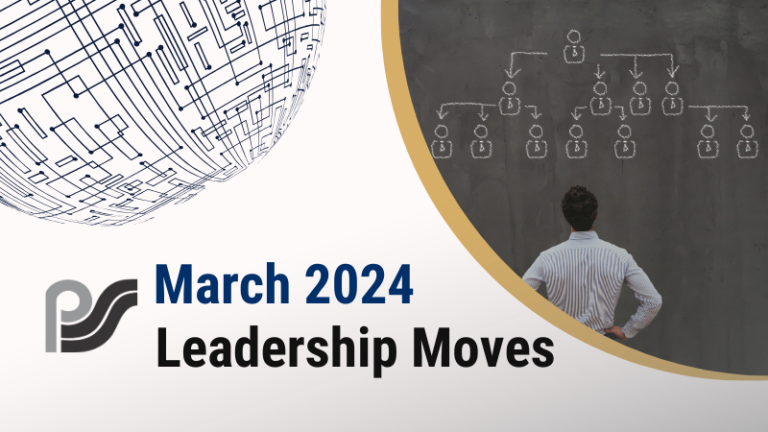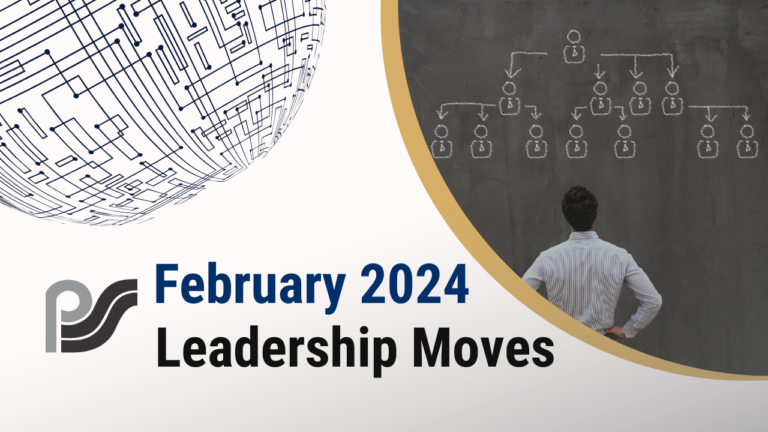
The recruiting and talent acquisition industries are undergoing a change thanks to the incorporation of Artificial Intelligence (AI). AI is a vital tool for modern recruiters because of its capacity to sort through enormous datasets, spot trends, and determine whether a prospect is a good fit. But there are drawbacks to this technological marvel as well. One of the main issues with using AI for hiring is the unintentional creation or reinforcement of biases, which can have a significant impact on workplace equality and diversity.
These biases could potentially lead to equally qualified candidates being overlooked due to their gender, race, or other factors not related to their professional qualifications or abilities.
Here are some strategies that could be utilized to Mitigate AI Bias in Recruitment:
- Ensuring Diversity in Training Data:
An impartial AI system’s learning data is its cornerstone. It is imperative to provide AI systems with inclusive, varied data sets that span a range of experiences, ethnicities, and demographics. This diversity of training data lowers the possibility of biased decision-making by assisting the AI in building a more thorough understanding of the talent pool.
- Blind recruiting Techniques:
Blind recruiting procedures can greatly lessen unintentional prejudice in AI systems. In order to allow the AI to concentrate just on abilities, experiences, and credentials, personally identifying information (PII) such as names, genders, ages, and even educational institutions must be removed.
- Frequent Algorithm Audits:
To find and fix biases, AI algorithms must undergo regular audits. Examining the AI systems’ decision-making processes should be a part of these audits to make sure particular groups aren’t being unfairly favored or excluded. Working with impartial auditors with expertise in ethics and AI can yield an unbiased evaluation.
- Ongoing Training and Sensitivity Programs:
HR specialists and AI developers can both benefit from regular training sessions that help bring unconscious prejudices to light. These courses may concentrate on comprehending and recognizing various types of prejudice as well as creating countermeasures.
- Managing AI with Human Oversight:
Although AI can increase productivity, human judgment is still vital, particularly when it comes to recognizing subtleties and environmental aspects that AI may overlook. It’s crucial to take a balanced approach, with AI helping with early sourcing but human HR specialists making the ultimate recruiting decisions.
Conclusion
Artificial intelligence, like any new technology, has enormous potential for both positive and negative results. AI is a very useful tool in sourcing, but it needs to be used carefully and sensibly. Organizations can use AI to improve their hiring practices and promote inclusive and diverse work environments by recognizing the possibility of bias and taking proactive steps to reduce it.






